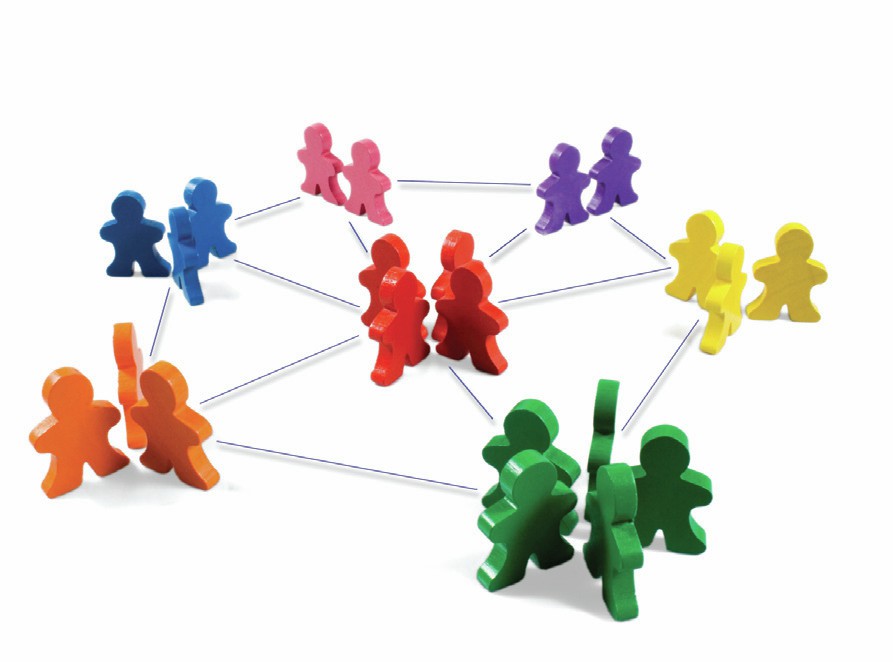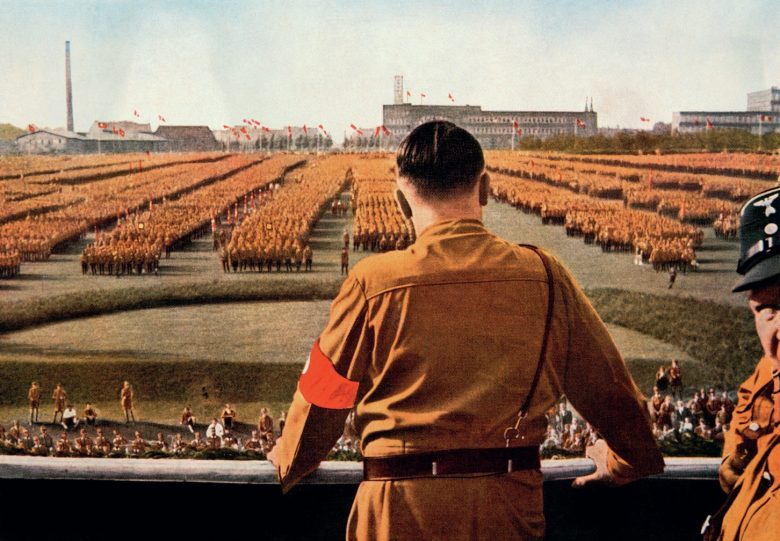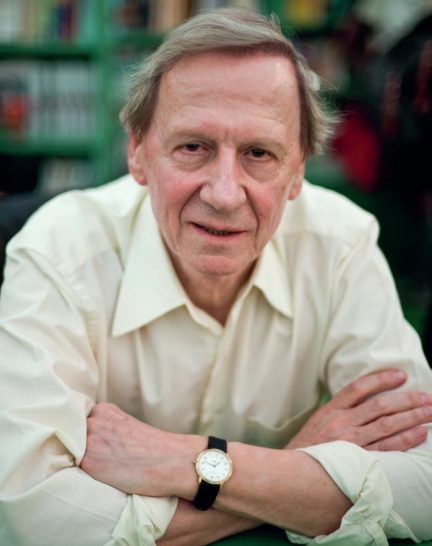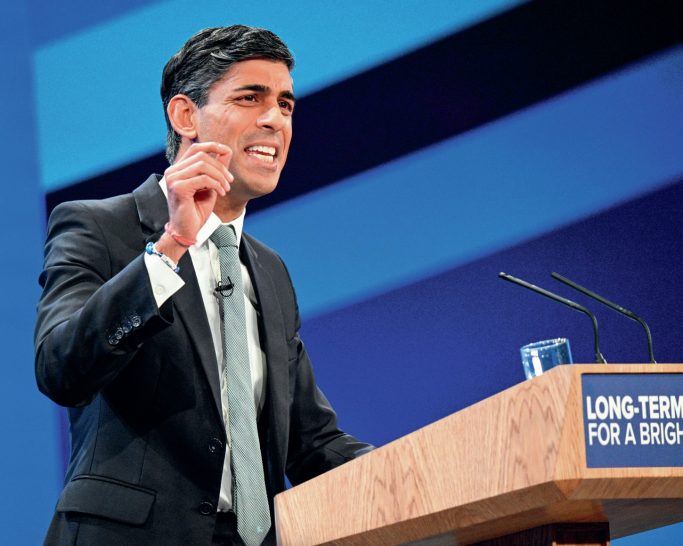
Theories of pluralism and elitism provide us with democratic models to explain how governments and groups interact with one another in the decision-making process. By forming themselves into groups, individuals take on a significance that would be denied to them in isolation, but it is the extent of influence that certain groups are able to wield over the policy-making process that is highly contested. While pluralist and elite theories both maintain that groups are central to the decision-making process there are significant differences between the two models (Box 1).
■ Pluralist theorists stress the significance of diverse social groups in the creation of public policy. These groups compete with one another for influence and policy decisions made within well-functioning pluralist democracies are the product of a wide array of organised group influences.
Your organisation does not have access to this article.
Sign up today to give your students the edge they need to achieve their best grades with subject expertise
Subscribe




